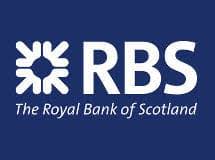Zopa Personal Loan: fair and flexible lending
loan
In a scenario with so many financial institutions offering similar products, clarity and trust become decisive factors. That’s why today we’re going to explore the main details of Zopa’s personal loan, an option that has gained prominence in the UK for its modern, straightforward, and efficient proposal. If you are considering taking out a loan […]
Top Topics










